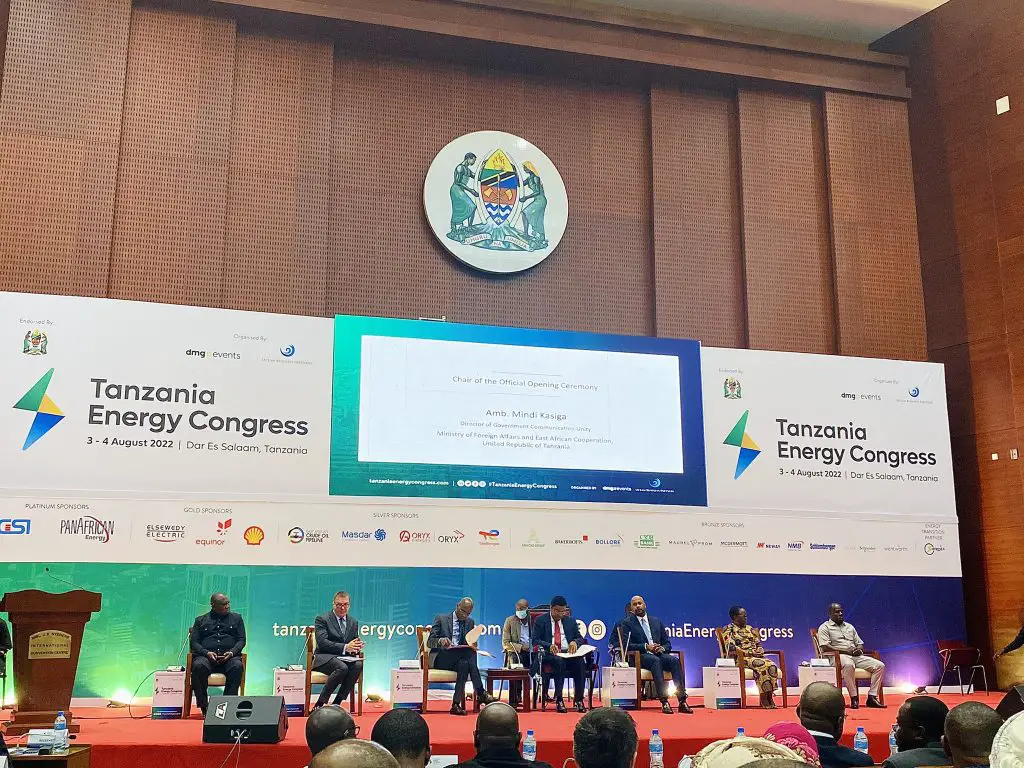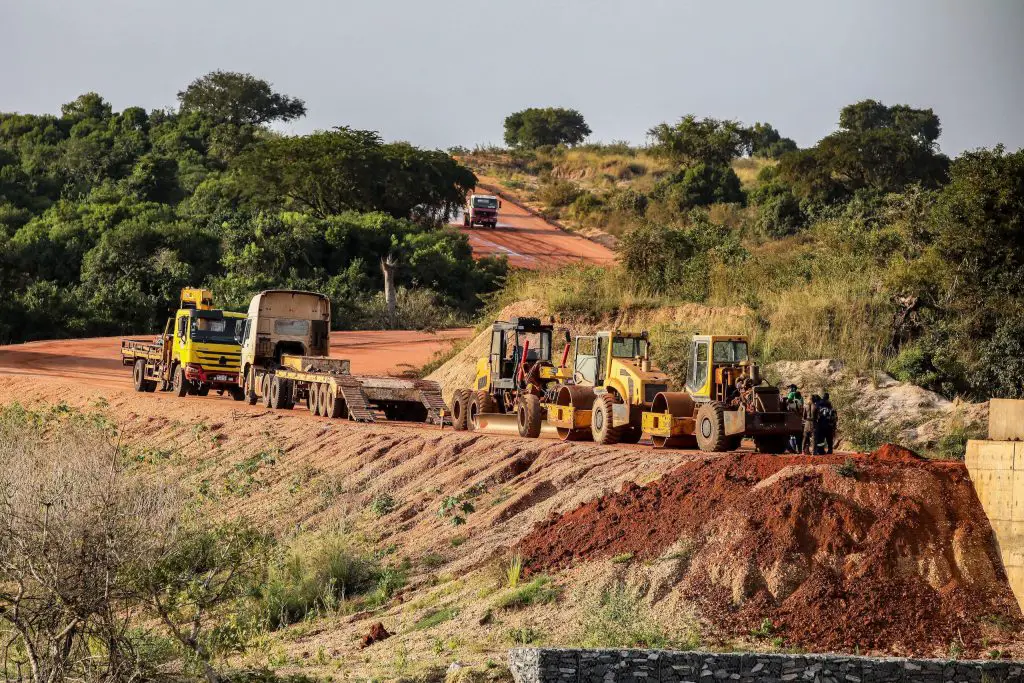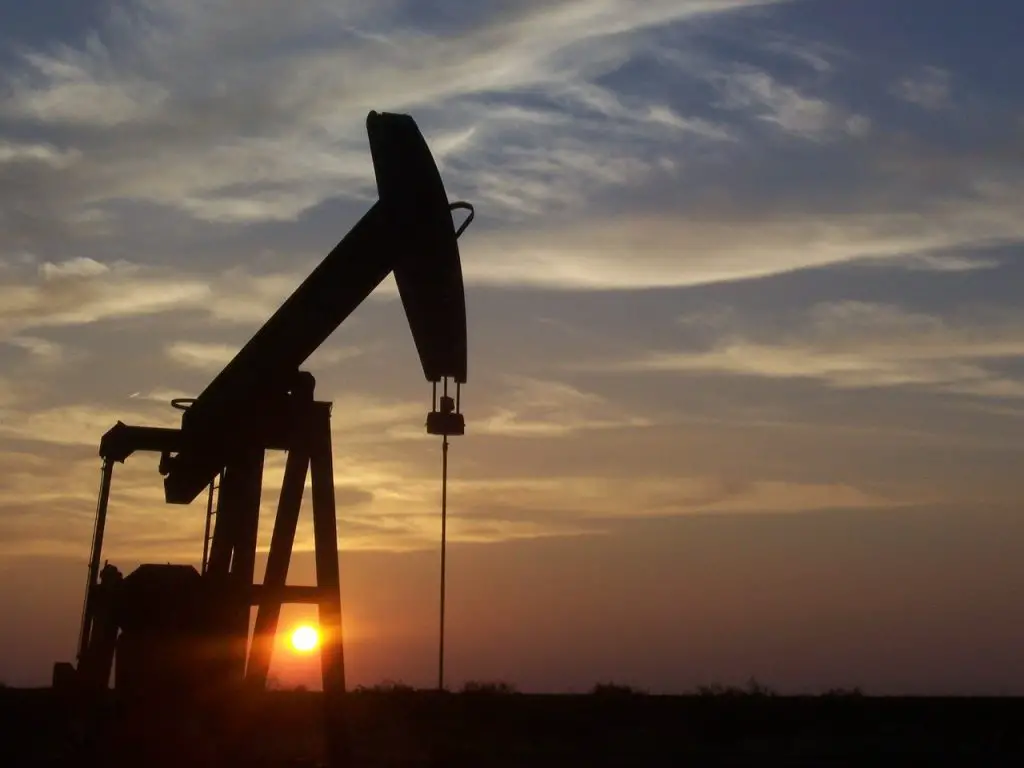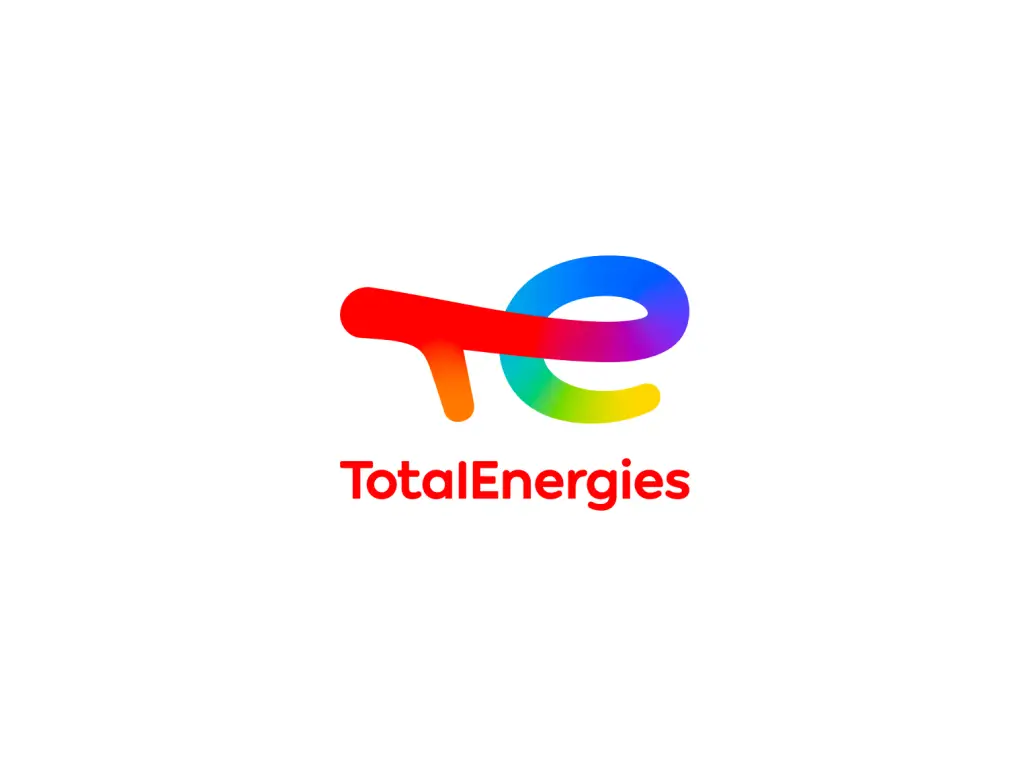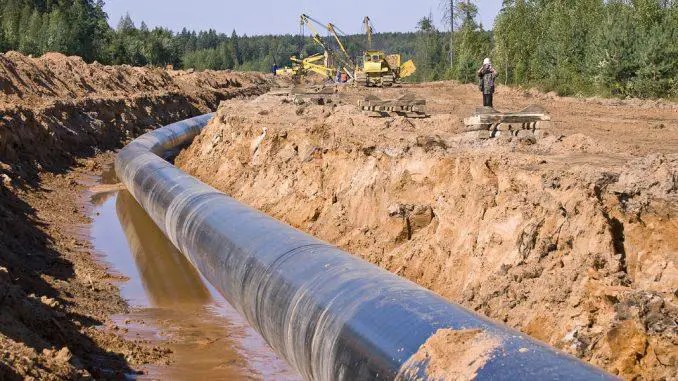- Kenya-Ethiopia Trade Relations: Legislators Advocate for Policy Alignment to Boost Ties
- Visualising the state of debt in Africa 2024
- Abu Dhabi radiates optimism as over 300 startups join AIM Congress 2024
- TLcom Capital Raises $154 million in Funding to Boost Its African Growth
- Africa’s $824Bn debt, resource-backed opaque loans slowing growth — AfDB
- LB Investment brings $1.2 trillion portfolio display to AIM Congress spotlight
- AmCham Summit kicks off, setting course for robust future of US-East Africa trade ties
- Why the UN is raising the red flag on the UK-Rwanda asylum treaty
Browsing: Uganda oil
- Mega oil projects in East Africa such as EACOP are transforming the way local content is executed
- Pan African Energy Tanzania (PAET) is transforming energy generation capacities in Tanzania
- Tanzania is planning to expand its power ambition by becoming an independent power provider beyond the border
TheTanzania Energy Congress (TEC) kicked off in the nation’s commercial capital – Dar es Salaam by summoning more than 1000 participants and 100 exhibitors from 25 countries worldwide at the forefront of top-tier discussions about partnership and groundwork.
TEC is unveiling several exciting issues that could bring Tanzania’s local players and international oil and gas companies on the same page and realize the East African ambition.
With local actors showcasing their groundwork up and downstream such as Tanzania Petroleum Upstream Regulatory Authority (PURA), Tanzania Petroleum Development Company (TPDC), as well as energy producers such as Tanzania National Energy Supply Company (TANESCO), the congress …
- The EACOP is one of the biggest oil project in Uganda
- The total investment has reached $10 billion
- Uganda will pay Tanzania $ 12.20 per barrel transported through the pipe
The East African Crude Oil Pipeline project has again reached another height as the two partnering nations, Tanzania and Uganda, have signed a Memorandum of Understanding on cooperation in defence and security for the ambitious and controversial EACOP project.
The signing was penned on Friday last week at the climax of a three-day Inter-governmental Security Committee Meeting held in Kampala, Uganda.
The MoU was signed on behalf of the two nations by Uganda’s Minister of Defence and Veteran Affairs Vincent Bamulangaki Ssempijja and his Tanzanian counterpart, Minister of Defence and National Service Dr Stergomena Tax.
According to the Ugandan minister, the MoU was an important matter to be concluded, as highlighted by the two partner nations, President Samia Suluhu Hassan…
The EACOP is a 1,443km pipeline that is been constructed at a value of 3.5 Billion USD. These funds are been directly injected into the economies of Uganda and Tanzania effectively increasing their FDI by over 60 % during the construction phase alone.
The magnanimous project is been constructed and operated through a shareholding approach among several stakeholders including the government of Uganda through the Uganda National Oil Company (UNOC), the government of Tanzania through the Tanzanian Petroleum Development Corporation (TPDC), France’s Totalenergies and China’s CNOOC.
It is expected that through the East African Crude Oil Pipeline, the region’s East Africa’s oil potential. It will effectively attract investors and companies to explore the region’s oil potential. Further still, as new infrastructure projects commence in line with the pipeline, it will greatly contribute to the enhancement of the central corridor between Uganda and Tanzania.…
As would be expected, Total rebutted the claims. Its first move was to make public the related project social and environmental studies and issue a statement in which it pledged transparency.
The company admits that; “The projects for the development of the oil and gas resources of the Lake Albert region and the cross-border pipeline are situated in a sensitive social and environmental context that requires special measures for the environment and the rights of the local communities.”
In a follow-up statement, the investors maintained that; “All the partners are committed to implementing these projects in an exemplary manner and taking into highest consideration the biodiversity and environmental stakes as well as the local communities’ rights and within the stringent environmental and social performance standards of the International Finance Corporation.”…
Uganda National Oil Company (UNOC) to invest $840 million in joint infrastructure projects in the oil and gas sector in Uganda, said Proscovia Nabbanja, the Chief Executive Officer.
Nabbanja signed a memorandum of understanding with Stanbic Bank to facilitate the two entities collaborating to train local entrepreneurs ahead of oil developments.
She said a significant amount of money either through loans or the national budget will go towards investments in the refinery, pipeline, bulk trading, storage tank as well as the industrial park.
“We hope that this level of equity will be spread in a period of five years in our national budgets to ease pressure on the country’s debt burden,” she said. “The investment will be based on the medium-term expenditure framework.”
Also Read: Uganda projected growth too ambitious, World Bank
Out of the planned $4 billion in the oil refinery and $3.5 billion investment in the pipeline, UNOC …
Uganda President Museveni has told off petroleum multinationals pushing for tax waivers as a pre-condition to further develop the country’s oil fields.
This is deepening a standoff that might affect the building of a critical export pipeline in the country.
According to the highly placed diplomatic sources, President Museveni is understood to have lashed out at petroleum companies accusing them of not appreciating the many adjustments the government has already made in order to facilitate the development of the Hoima oil fields which are estimated to have 1.7 billion barrels of crude oil.
The president listed 17 promises the government has delivered on emphasizing on four major ones which include an international airport still under construction, numerous concessions on taxes and tariffs, road network known as the oil roads and a number of legislations to facilitate the exploitation of the oil.
Also Read: Inside Kenya, Uganda’s crude oil
There have …





